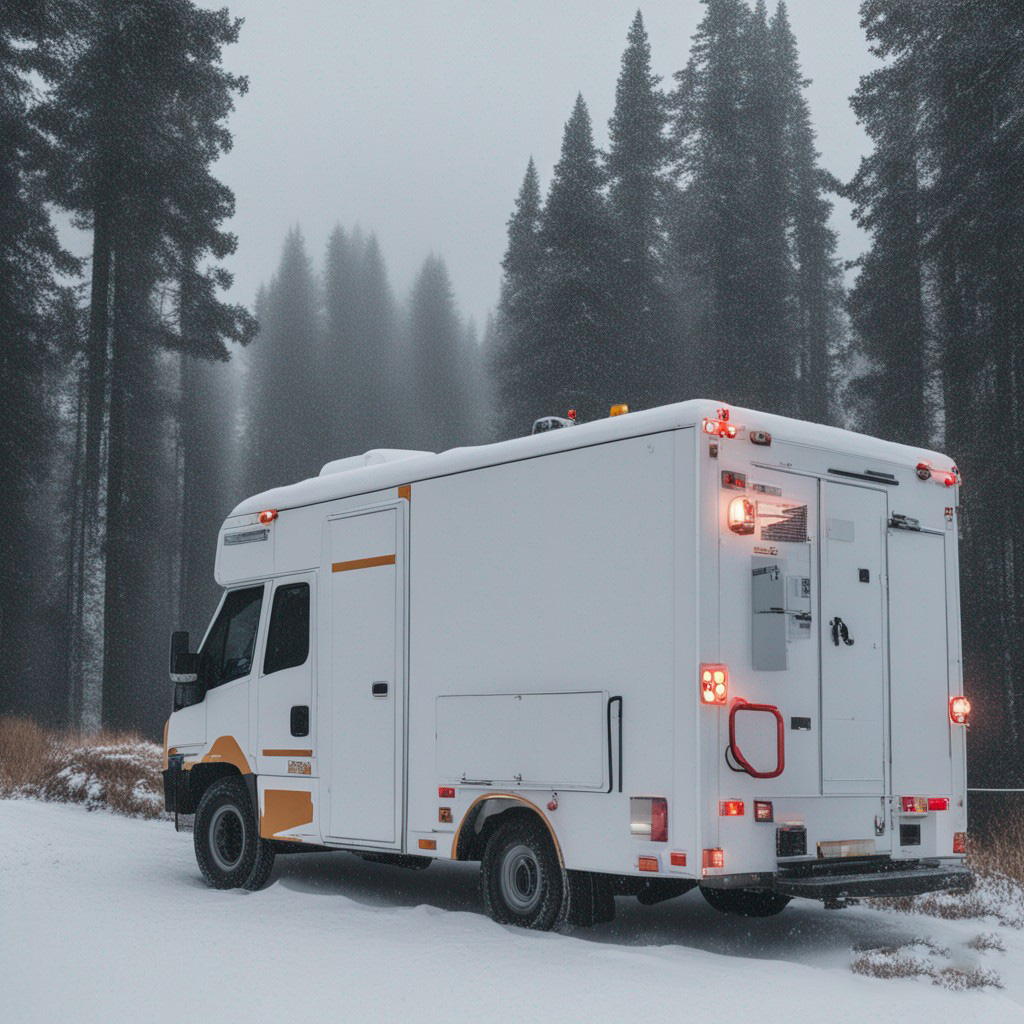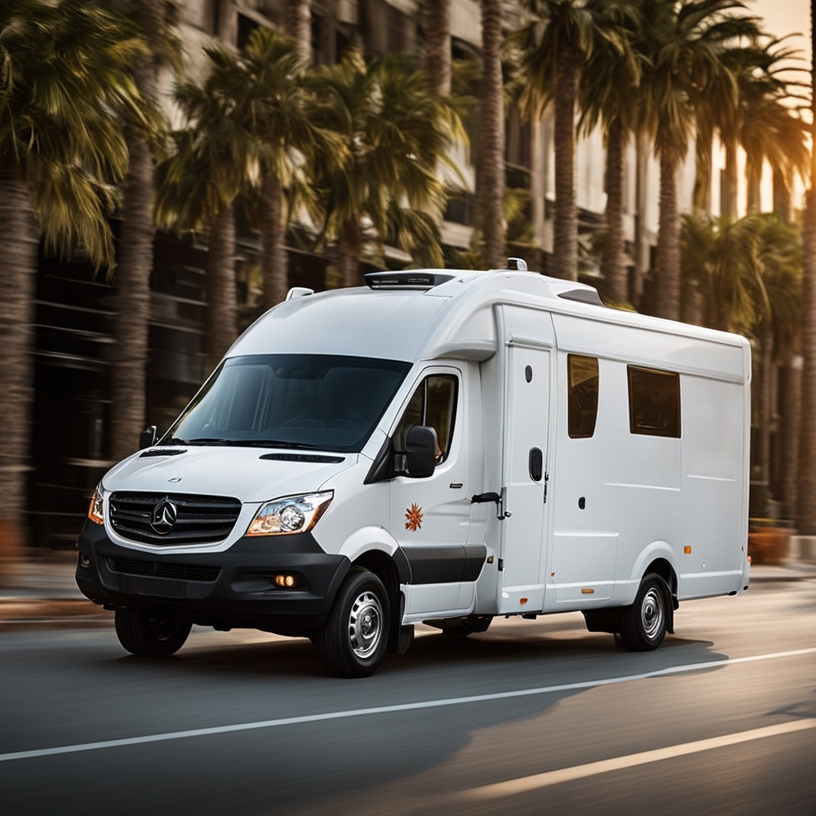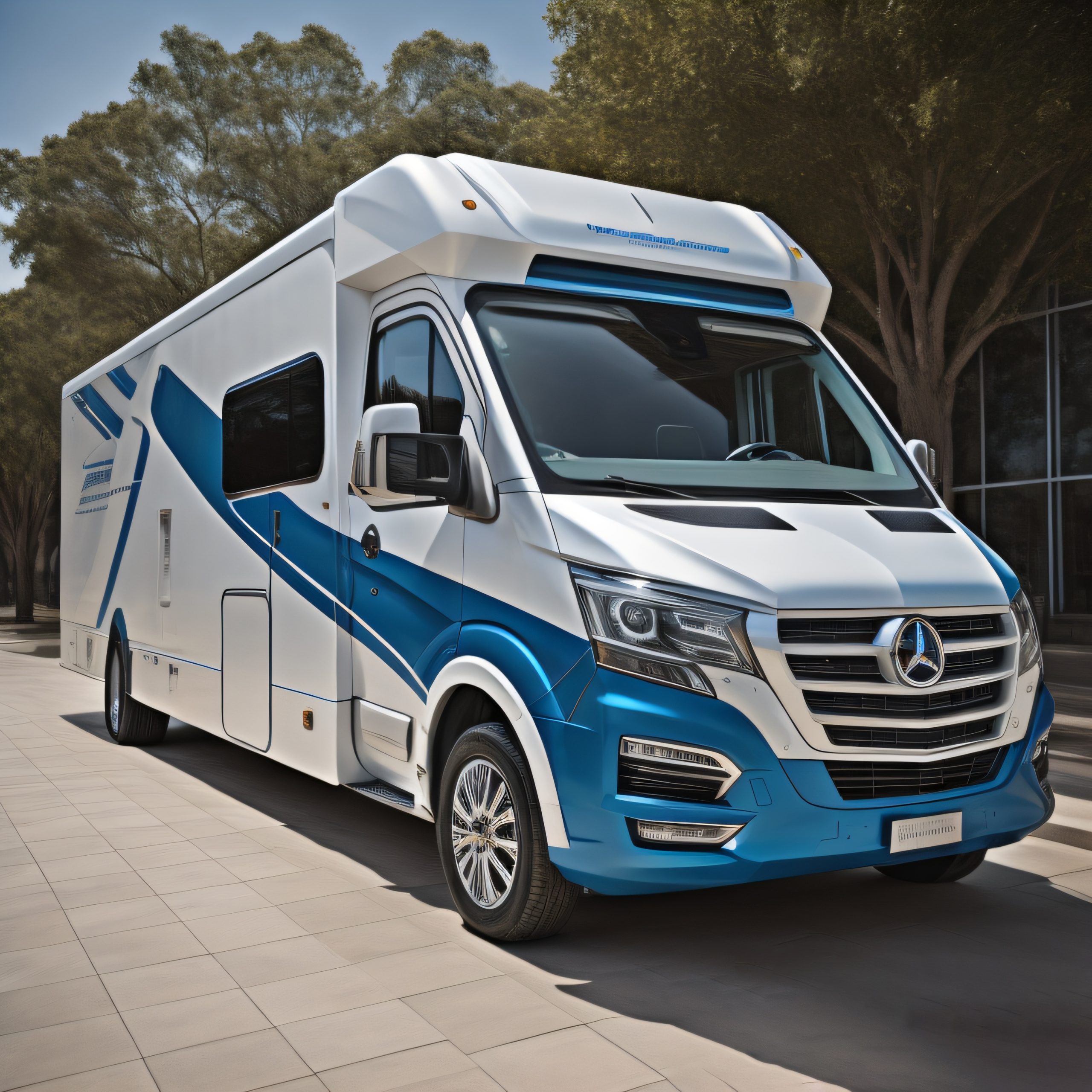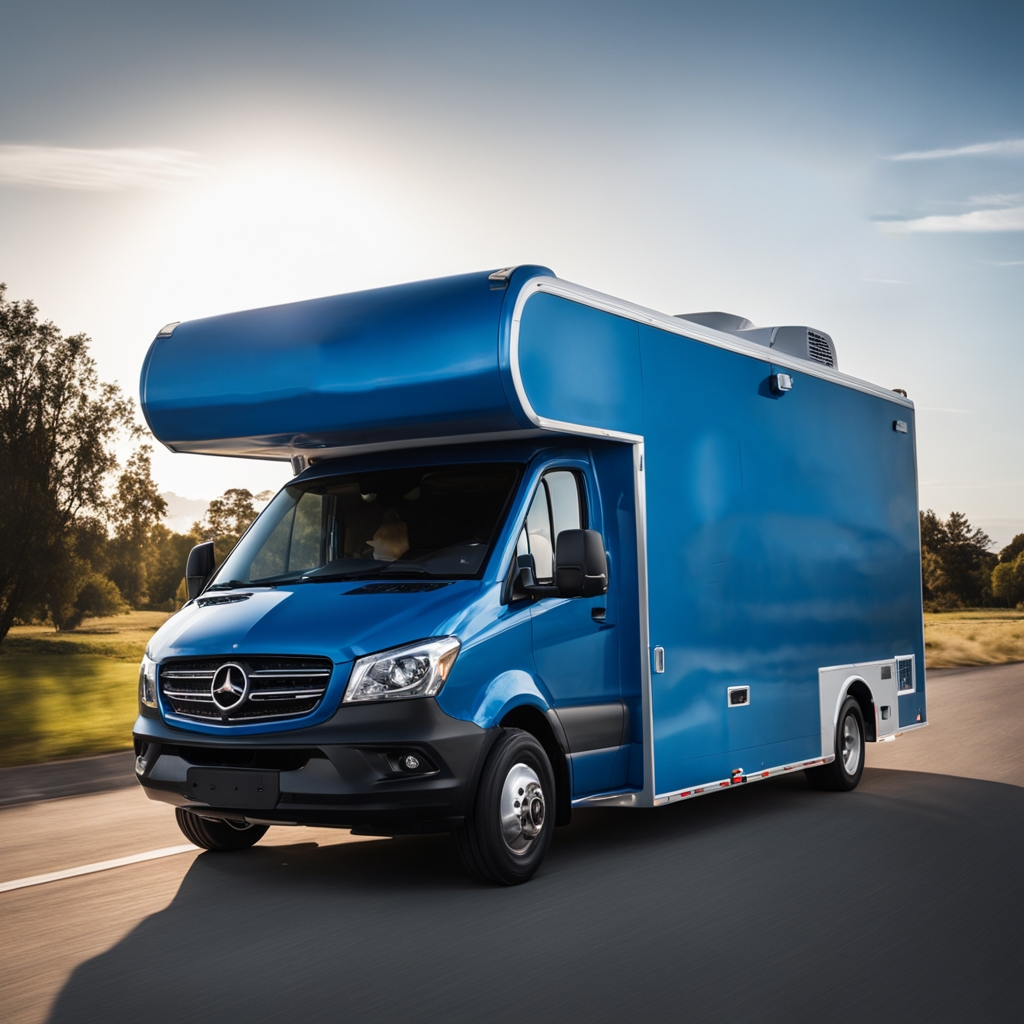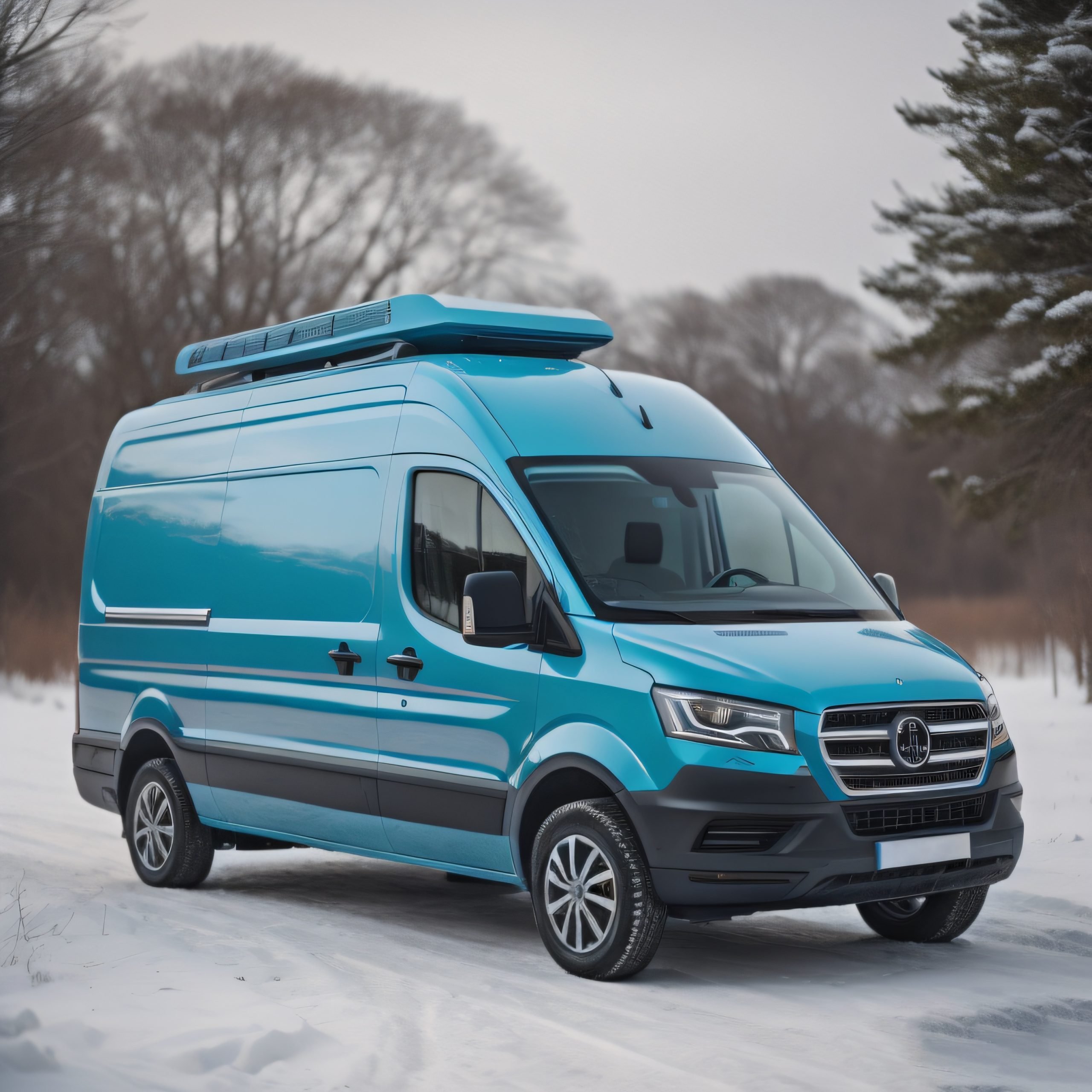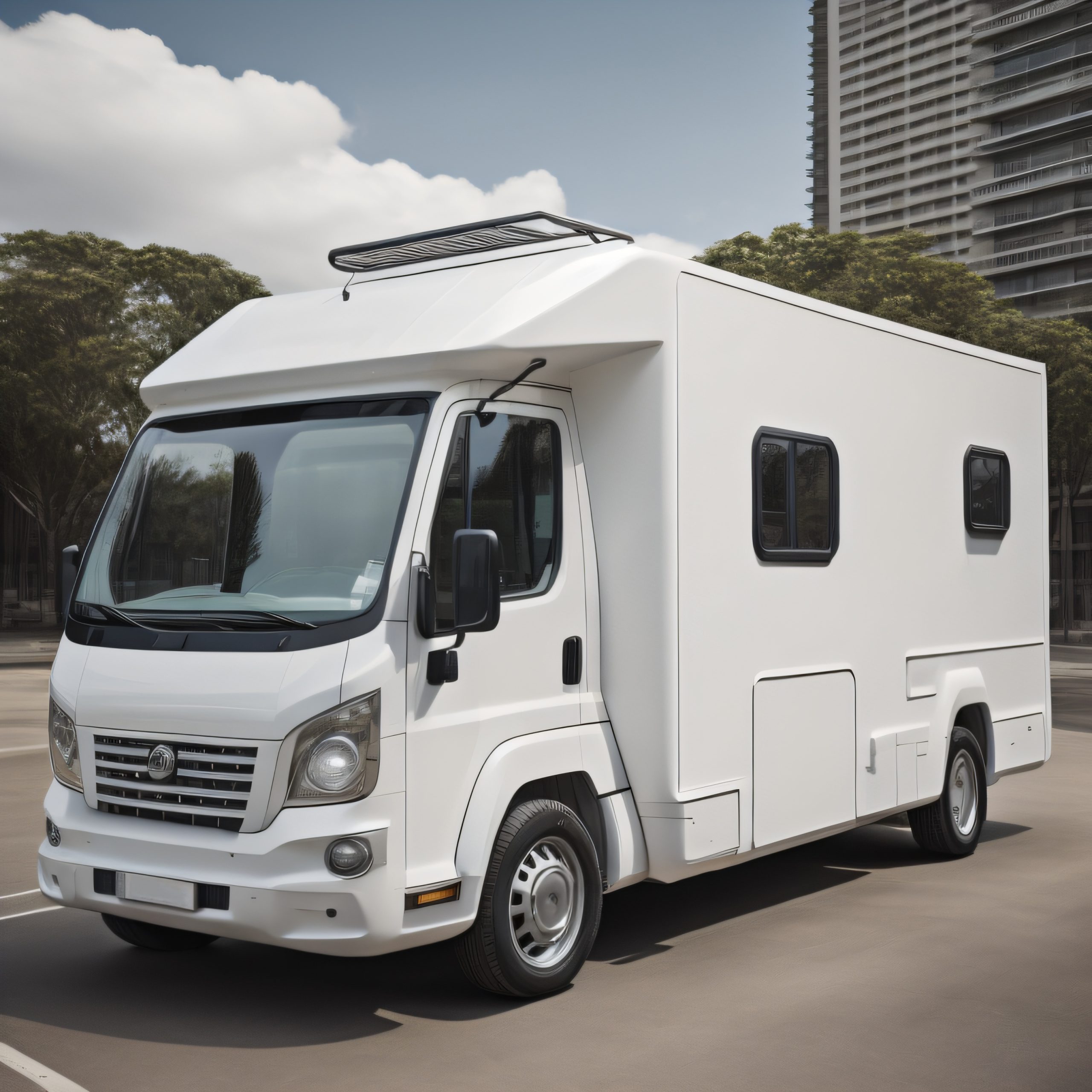Problem Snapshot
Why Canada Needs Mobile Clinics
Lack of local healthcare forces thousands of Canadians to travel hundreds of kilometres for basic exams and screenings. Long trips, lost wages, and postponed appointments worsen health outcomes, especially in rural and Indigenous regions.
0%
of rural Canadians delay care
due to travel distance
Main Product Features
Rapid Deployment
Complete Care Inside
All‑Season Design
Feature Deep‑Dive
Inside a Canadian Mobile Health Clinic
Technical Specs
Key Specifications
- Chassis: Ford Transit High‑Roof
- Gross Vehicle Weight Rating: 11,000 lb (4,990 kg)
- Interior Layout: Reception nook, exam room, vitals station, compact lab
- Power: Lithium battery + diesel genset backup; roof‑mounted solar array
- Connectivity: 5G/LTE router, Starlink terminal, shore ethernet port
- HVAC: 12,000 BTU heat pump + auxiliary diesel heater, HEPA H14 filtration
- Water: Fresh/grey tank with UV sterilizer and heated lines
- Compliance: CSA Z614, PHIPA, IPC, ADA/CSA B651 accessibility standards
Deploying the Mobile Clinic in Canada
- Plan – Book a route & select services.
- Deliver & Train – RUNASO team hands over the unit and trains staff (2 days).
- Deploy – Position, auto‑level, power‑on, ready in 15 min.
- Care & Connect – Serve patients; data syncs securely to your EMR.
0 Min
Setup Time
Use‑Case Scenarios for Mobile Clinics in Canada
- Rural & Indigenous Community Clinics – Regular screening without long travel.
- Mining & Oil‑Sands Workforce Health – On‑site exams reduce downtime.
- Disaster Response Pop‑Ups – Restore primary care after wildfires or floods.
- Corporate Wellness Roadshows – Annual check‑ups at corporate campuses.
Compliance & Certifications


